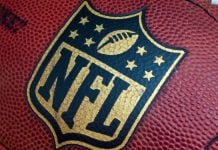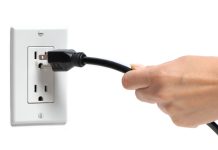The newly signed law to prohibit gray games in the state of Kentucky is barely two weeks old, but it is already facing a legal challenge. A group of these machine manufacturers, players, and venues currently hosting these machines in the state filed suit against Kentucky Attorney General Daniel Cameron in the Franklin Circuit Court on Tuesday.
The group is seeking a declaration of rights and injunctive relief from the bill, HB594, taking effect in June. The suit wants both a temporary and permanent injunction against the enforcement of the new law. The plaintiffs are also seeking any additional appropriate relief they might be owed. It would also like to see the law deemed unconstitutional, as stated in the complaint:
“For a declaration of rights that the Amendment to KRS Chapter 528 is unconstitutional in violation of Plaintiffs’ rights of freedom of speech, due process of law, and equal protection under the law, as well as rights against special legislation, impairment of contracts, the taking of property without just compensation, and the separation of powers, all pursuant to Kentucky Constitution.”
The manufacturers of these games maintained throughout the legislative process that what they offer are skill games and not illegal under the law. The complaint restated that argument:
“Skill-based games have been legal for centuries under the statutory and common law of the Commonwealth of Kentucky and in virtually every other jurisdiction in the United States, which have distinguished skill-based games from illegal gambling devices because the outcome of a skill-based game is controlled by the skill of the player rather than chance or other factors outside the player’s control,” the filing states.
The lawsuit says the gray games prohibition is a violation of freedom of speech and due process in addition to a long list of other violations. It also pointedly fingers the horse racing industry as one of the driving factors behind the bill being drafted and passed.
The filing also noted that some exceptions, such as e-sports and coin-operated amusement machines as you would find at a Chuck E Cheese have been given a preferential carve-out, which the complaint argues lacks any legal standing or rationale. The carve-out was created during the legislative process in conference with the University of Kentucky, which has an e-sports program, and national chains like Dave & Busters and Chuck E Cheese.
“Legislation banning skill games is unconstitutional and we are prepared to defend the legality of our games in court. Our priority is, and always has been, protecting the rights of Kentucky small businesses and fraternal organizations who rely on legal games of skill for income,” Michael Barley, Pace-O-Matic Chief Public Affairs Officer, said in a statement to SBC Americas.
Pace-O-Matic is one of the machine manufacturers currently operating in Kentucky as well as several other states, including Pennsylvania.














